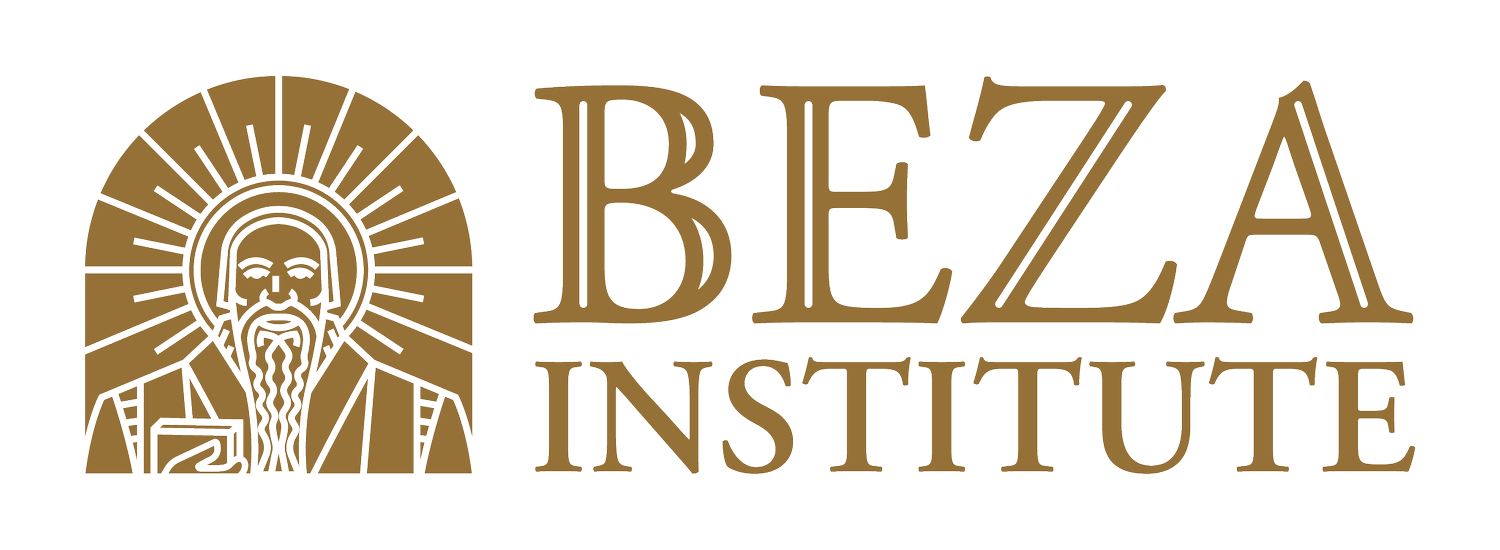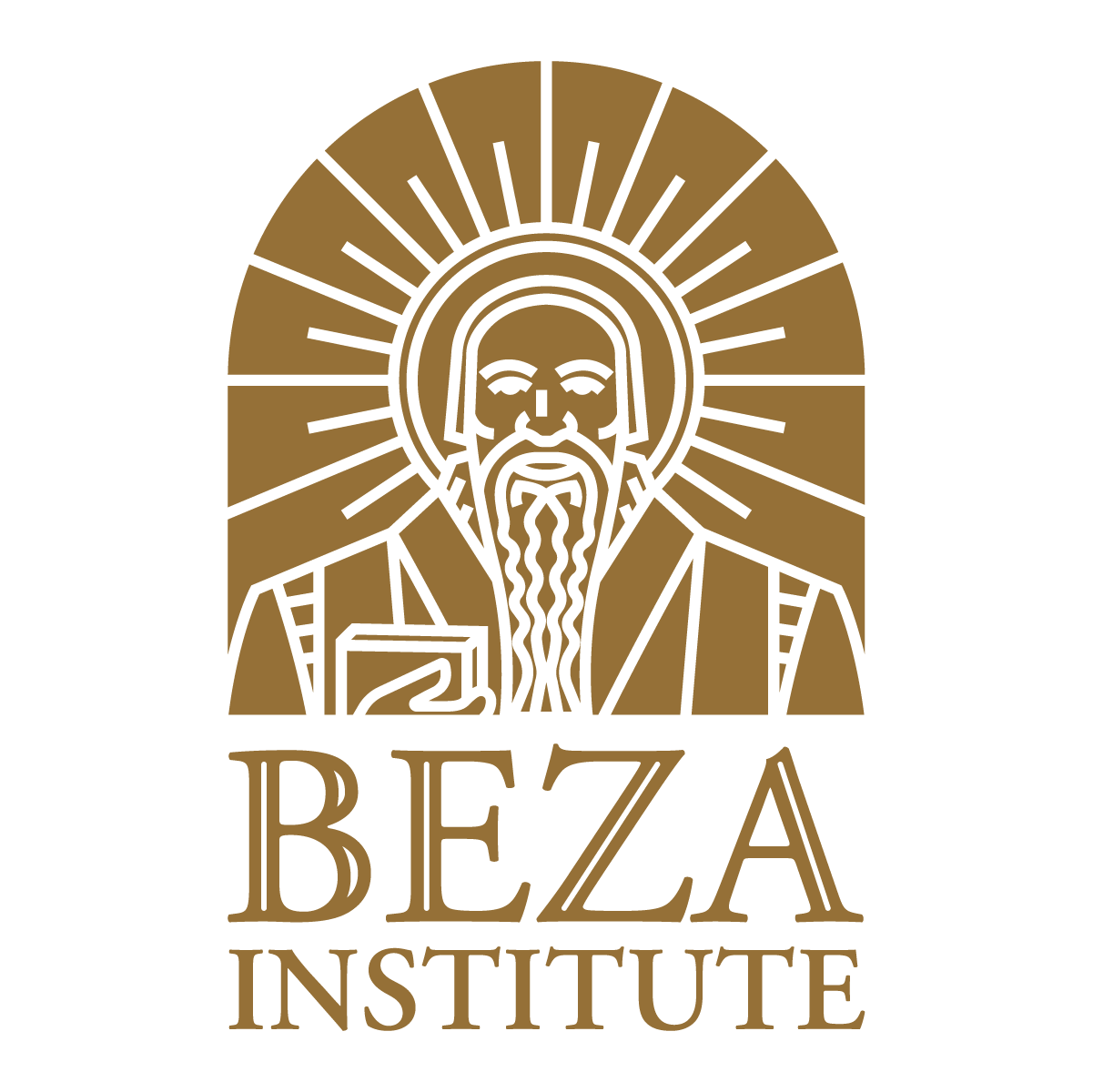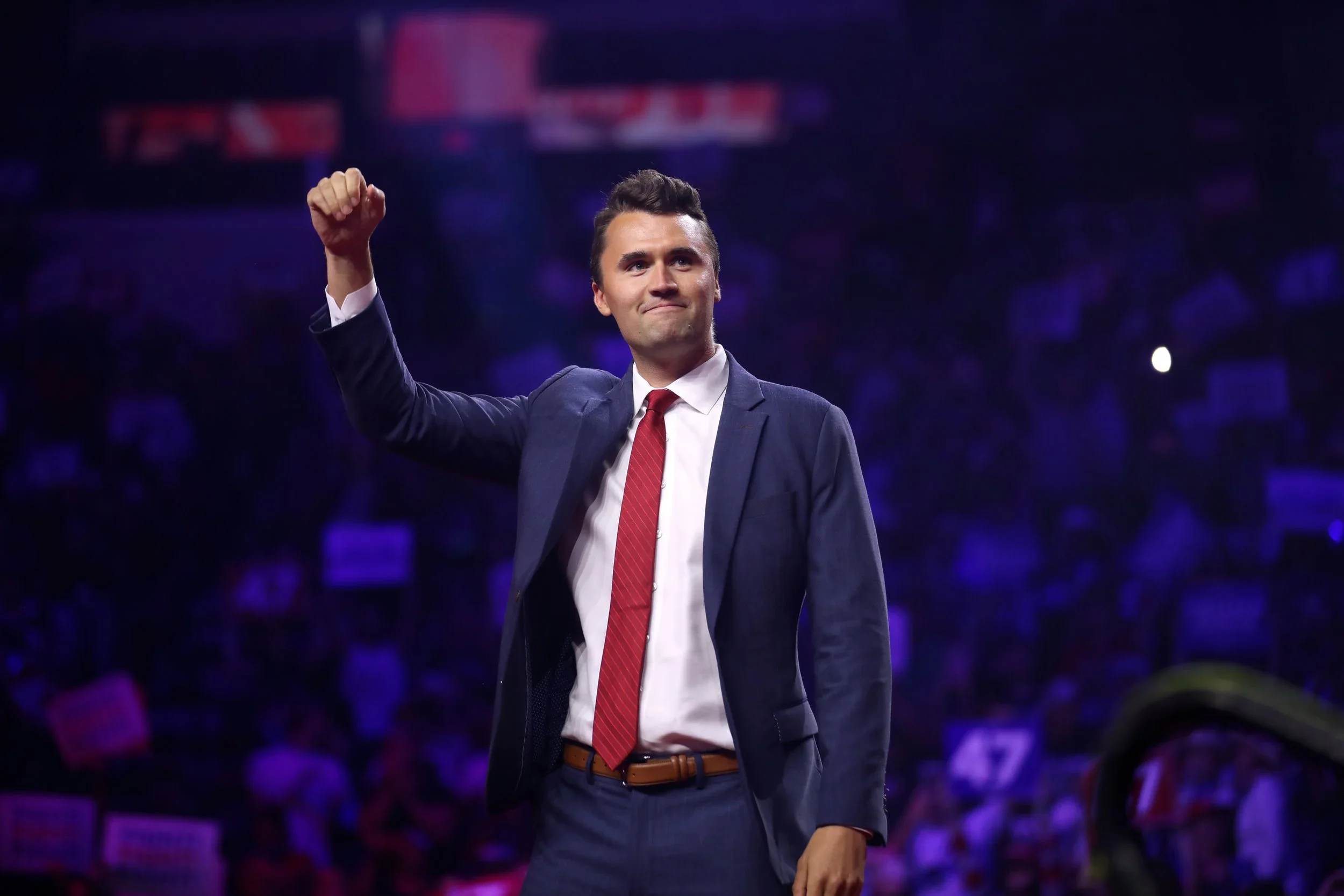Classical Education and Charlie Kirk
Some might suggest I ought not to write an essay about the recent and deeply disturbing assassination of Charlie Kirk for a publication on classical education. Some may say I am mixing an unhealthy partisan interest with classical education, or importing reactive stances on current events into what should be a contemplative study of permanent things.
I write to refute this notion and to draw some reflections on Kirk’s death for classical education and classical school educators. I don’t claim to treat this exhaustively, nor will I provide a worthy tribute to the legacy of Charlie Kirk, though many others have provided such tributes. I will also not share all of the thoughts I have surrounding the Charlie Kirk assassination and our political situation. Instead, I will keep my reflections restricted to those immediately salient for classical education.
In the first place, the murder of Charlie Kirk should startle us into remembering that, rightly understood, philosophy is learning how to die. Few would call Charlie Kirk a philosopher, but that is irrelevant. My point is that philosophy (the life lived in pursuit of wisdom) must teach one how to die well, otherwise, it is vain. As Socrates says in Plato’s Phaedo before his own death, “[Those] who philosophize rightly make dying their care, and of human beings to them least of all is being dead terrifying” (67e). If your philosophy cannot teach you to understand and face death, then it is insufficient. As students and teachers of philosophy, we are engaged in the pursuit of wisdom, which requires that we know how to face our own mortality. Any claims of wisdom which deny or evade this are illusory. Charlie Kirk lived confidently because he knew the Savior whom he believed, and even though Charlie’s untimely murder was shocking and surprising, he was not unprepared for death. He knew how to live and how to die. While we mourn his loss, we admire his faithfulness.
Charlie Kirk displayed manly courage. One could say truthfully that he didn’t get to choose courage in his last moment on September 10, since no one can choose to face or avoid an assassin’s bullet. In the technical sense, that is true. Yet Charlie ended up where he did because of a lifetime of choices made prior to that final moment in Utah. He did not make the choice of whether or not to face death in that exact moment, but he did make the choice countless times along the way to persist in his work, even when he knew the increasing risks involved. There is much for us to see here: none of us gets to choose the moment where the Lord may call us home, but we get there by countless individual choices which shape our character and determine whether we will be ready in the ultimate moment.
Furthermore, it is essential to note that Charlie Kirk was hated by an evil world which loved lies rather than truth. I don’t wish here to debate the minutiae of his various political stances, which will be disputed and debated even by those solidly on the Right; that kind of analysis isn’t suitable here. But it remains indisputable that Charlie Kirk spoke uncomfortable truths that challenged the secular pieties of our cultural regime. He was staunchly pro-life and opposed the evil of abortion. He called out the evils of transgenderism and the LGBTQ madness praised and enforced by our culture. He honored marriage, family, and biblical sexual ethics. He criticized the lawlessness, injustice, and corruption fostered and enabled by our own government. He defended free speech and sought to dialogue rationally and humanely with his opponents. He spoke publicly about his Christian faith, shared the gospel and the Scriptures with his audiences, and said he wanted to be remembered for his courage on behalf of his faith. For all of these reasons (and more), he was hated for the goodness of what he said and did.
When we see so many people in our nation rejoicing at the murder of Charlie Kirk, we are awakened to the reality of our situation. Even though our nation still enjoys much liberty and safety, it is under attack – far from secure. There are many people in our country – I fear more perhaps than we might have thought – who hate the truth and who rejoice at the death of the truth-tellers. This kind of violent evil against Charlie Kirk is particularly cold-blooded and calculative, but there are countless other instances of evil and injustice running rampant in our culture which pose a threat to what is good and righteous. Some merely attack the faithful with vitriolic words, but many others resort to actual violence or to other kinds of injustice through weaponizing the legal system and institutional power. All this serves to remind us what kind of world we inhabit: despite the inbreak of God’s kingdom in Christ, we still live in an evil world with many evil-doers. We are reminded that our ultimate struggle is not “against flesh and blood, but against the rulers, against the authorities, against the spiritual forces of evil in the heavenly places” (Eph. 6:12). We must therefore “take up the whole armor of God, that you may be able to withstand in the evil day, and having done all, to stand firm” (6:13).
To put it bluntly, classical education, as it seeks to hold forth God’s truth in a dark world, is not a safe or comfortable project. The failure and corruption of our public education in America is the reason we must revive and spread classical, Christian education; yet that cultural decadence and decay is also guaranteed to make our project suspect and opposed by many, especially the gatekeepers of the current secular religion. Our vocation is more necessary than ever, yet it is justifiably viewed as hostile and threatening by the authorities who dominate our nation’s government structures, universities, media, corporations, and many so-called ‘churches’ and seminaries. And Charlie Kirk’s murder proved that this spirit of opposition even extends to silencing the truth by murder and violence. This should not surprise us, for many Christian saints in history have met such a violent end as they boldly bore witness for their faith. Many saints currently face this reality in other countries where Christians are frequently attacked, jailed, and killed. None of us know the future: there is no guarantee that we will not ourselves perhaps meet the same fate as Charlie Kirk.
Yet the murder of Charlie Kirk confirms for me that we in Christian schools and churches cannot shy away from cultural battles. You may not be interested in the culture war, but the culture war is for sure interested in you. We are engaged in a cultural war, and the orthodox moral vision of Christianity is not palatable to a secular world which loves the works of the Devil. The Christian account of human nature, of God, and of natural law clashes with the prevailing doctrines of American secularism, cultural Marxism, and expressive individualism. Making enemies is not in itself a sign of virtue (for one can simply be a crank or a fool), but if we are not regularly challenging the prevailing zeitgeist of expressive individualism in our culture, I don’t think we are really engaged in liberal education. If we sit comfortably in an environment where the truth of God is rejected and lies are praised, we need to wonder if we are genuinely faithful. How are we to truly philosophize, to truly follow fides et ratio, to truly glorify God and liberate souls of learners if we do not challenge the lies all around us? Whatever else he did, Charlie Kirk was bold to challenge the lies. He did not shy from the cultural and philosophical battles, nor can we.
Charlie Kirk is one example of what it looks like for us to “be prepared to make a defense to anyone who asks you for a reason for the hope that is in you” and “yet do it with gentleness and respect, having a good conscience, so that, when you are slandered, those who revile your good behavior may be put to shame. For it is better to suffer for doing good, if that should be God’s will, than for doing evil” (1 Peter 3:15 – 17). Young people in our schools and churches desperately need formation, especially on philosophical, theological, cultural, ethical, and political matters. Parents, teachers, and pastors should be filling this role, though that does not exclude other influencers like Charlie Kirk. We must train up the young in the way of truth and righteousness so that they may not depart from it and become lost when threatened by the pressure and allured by the influences of the world (Prov. 22:6). Likely a key part of the appeal of Charlie Kirk’s TPUSA movement was the way it filled a void left by morally and intellectually bankrupt schools and universities. It behooves us to be part of the solution, not part of the problem. With God’s help, we must form our students in the Christian faith and doctrine, in moral and intellectual virtue, and in healthy patriotism.
Lastly, the cruel murder of Charlie Kirk fills us with inconsolable sadness, fury, and groaning for the Lord’s justice and vindication. Who cannot feel this when they see the tragic devastation wrought to Charlie’s wife and young children? We cry with the Psalmist: “Vindicate me, O God, and defend my cause against an ungodly people, from the deceitful and unjust man deliver me! For you are the God in whom I take refuge; why have you rejected me? Why do I go about mourning because of the oppression of the enemy?” (Ps. 43:1 – 2). We do not experience perfect justice in this life, and even the best legal and political system cannot fully restore what sin destroys. I recall Boethius, who, when unjustly accused and imprisoned, pondered in his Consolation of Philosophy why God’s Providential governance of the cosmos seems not to exclude the violence of evil men – “Your law binds all but man” (I.m5). It seems to us, as it did to Boethius, that evil men run freely in this world and God does not often stop them. Boethius only finds consolation when Lady Wisdom leads his focus to the divine wisdom and justice: “And not in vain are hopes and prayers placed before God, since when they are just, they cannot be without effect. So let us shun vices and cultivate virtues, lifting our minds to proper hopes and offering humble prayers on high. For, if you wish to speak the truth, a great necessity has been placed upon you men to do good, since you live in front of a judge who sees all things” (V.5). Even as we should wholeheartedly pursue all avenues for temporal and political justice (I unequivocally support this), we must look to God for our ultimate deliverance and vindication. We long for the “better country, that is, a heavenly one” (Heb. 11:16), for our true homeland which God has promised and where He will establish perfect justice and peace. God alone can make all things right – and He has promised to do so.
Charlie Kirk knew that there are things worse than death, and he lived accordingly. I pray we can embody that kind of courage for our families and students as we raise up the next generations. Charlie Kirk was just another mortal and fallible man, of course, but God used him for good. We rejoice at the faithful legacy of God’s saints. We must remember our Lord’s words in John 16:33: “I have said these things to you, that in me you may have peace. In the world you will have tribulation. But take heart; I have overcome the world.” The Lutheran hymnwriter Georg Neumark exhorts us with his poetic text:
If thou but suffer God to guide thee, and hope in Him through all your ways,
He’ll give you strength, whate’er betide thee, and bear thee through the evil days:
Who trusts in God’s unchanging love
Builds on the Rock that naught can move.


